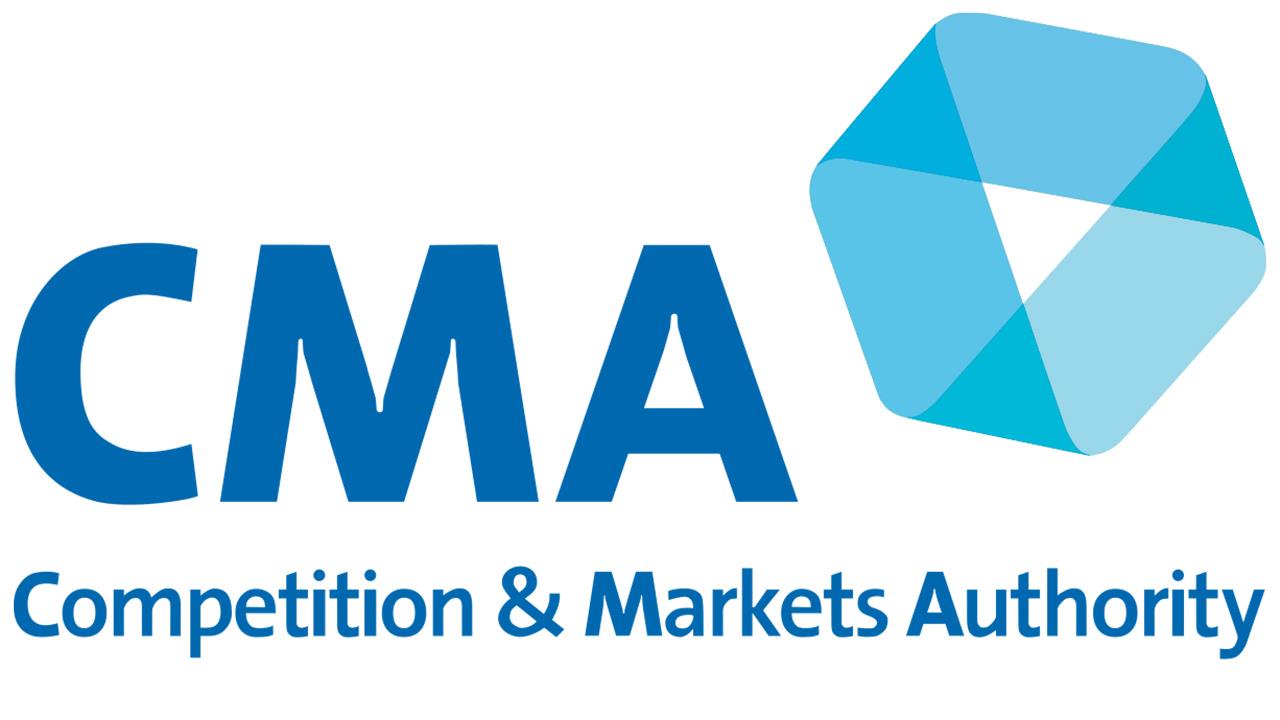

It will explore whether action is needed to help ensure consumers are treated fairly and businesses are supported to meet their obligations under consumer protection law.
Heating millions of homes across the country accounts for about 17% of the UK’s carbon emissions. With this in mind, more people are taking steps to switch to greener forms of heating, and to insulate their homes, to help reduce their carbon footprint. With better insulation, many are also seeking to reduce household energy bills.
The CMA is concerned about the potential for poor practices, such as making misleading claims about potential cost savings, product performance and suitability – particularly when selling newer, next generation technologies. Consumer groups have already raised concerns, including that consumers have a limited understanding of some newer green heating products and the process for buying them can be complicated and confusing.
It is crucial that the many businesses stepping up to offer homeowners green solutions are clear on their obligations under consumer protection law, as they support the UK’s aim to hit net-zero by 2050, the CMA says.
The organisation wants to hear about consumer and business experiences of buying or selling home insulation (including wall, loft and spray foam), as well as existing and newer next-generation green home heating technology:
Sarah Cardell, the CMA’s Interim Chief Executive, said: "Reducing energy use is at the top of everyone’s agenda – be that because of rising bills, climate change or both.
"To help more people move to green heating and better insulate their homes, it’s essential that businesses understand and follow their legal obligations when selling and installing. That way, consumers can be confident they are being treated fairly.
"That’s why we want to hear from consumers, businesses, and other key groups about their experience now, so we can root out any problems early on and avoid them in future.
Gillian Cooper, Head of Energy Policy for Citizens Advice, added: "Making our homes greener is key for us to reduce dependency on expensive gas and bring down our energy bills in the long-run. But people need to feel confident about installing new technology, like heat pumps and solar panels.
"Strong consumer protections must be in place in case the installation goes wrong. It’s essential to find out about any challenges people are facing, so that problems can be fixed.
If you'd like to keep up-to-date with the latest developments in the heating and plumbing industry, why not subscribe to our weekly newsletters? Just click the button below and you can ensure all the latest industry news and new product information lands in your inbox every week.